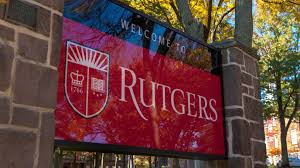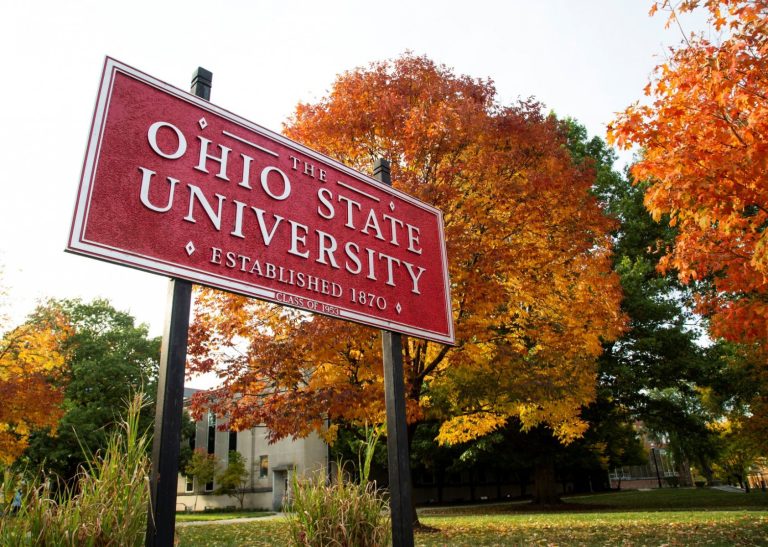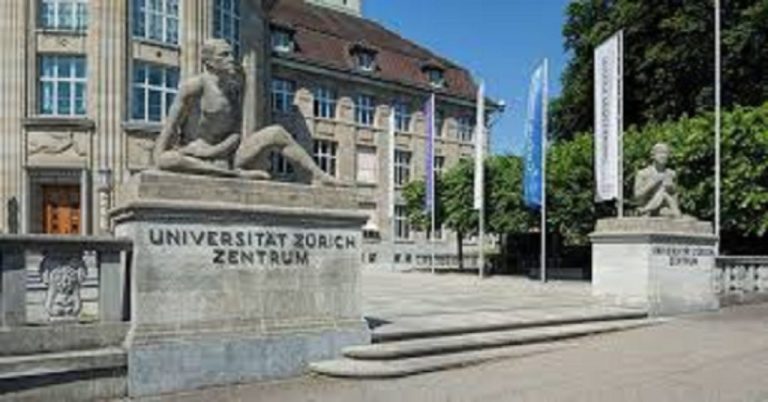
The University of Gothenburg tackles society’s challenges with diverse knowledge. 56 000 students and 6 600 employees make the university a large and inspiring place to work and study. Strong research and attractive study programmes attract researchers and students from around the world. With new knowledge and new perspectives, the University contributes to a better future.
The Department of Philosophy, Linguistics and Theory of Science at the Faculty of Humanities has around 100 employees and a teaching volume that includes around 350 full-year students. Many large national and international research projects are underway here. Our education includes philosophy, logic, linguistics, language technology, theory of science and liberal arts. The department also conducts research training and development work in these areas.
The Centre for Linguistic Theory and Studies in Probability (CLASP) is based in FLoV at the University of Gothenburg and is funded by a 10-year grant from the Swedish Research Council (2015-2027). CLASP is devoted to research and advanced training in the application of probabilistic modeling and machine learning methods to core issues in linguistic theory and cognition. It also addresses topics in dialogue and linguistic interaction. For a description of CLASP.
Subject area
Computational linguistics
Subject area description
The candidate will carry out their research at CLASP, within a project interested in large multimodal language models and contextual understanding of combined text/image data.
The debate over whether grammaticality is binary or gradient has been a longstanding topic in linguistics and psychology. Experiments using classical machine learning with both binary and gradient scales suggest that speakers tend to perceive grammaticality as a gradient. Further support comes from additional image classification tasks. This project aims to evaluate the ability of transformer models to accurately predict how visual context influences human judgements of sentence well-formedness.
Duties
The candidate is expected to:
- Use LLMs for predictions of acceptability for sentences in English and other languages
- Assist with the implementation of crowd source experiments to obtain data on human acceptability judgements for sentences in a variety of visual and linguistic contexts
- Assist with the statistical analysis of transformer predictions and human judgement data
The research will be conducted in English. Apart from research, supplementary duties may include mentoring graduate students, course design, and/or teaching-related activities. These duties are not mandatory and will not exceed 20% of the position’s responsibilities. The holder of the position is expected to carry out her/his research in Gothenburg and to actively participate in the research group’s workshops, seminars, and conferences.
Eligibility
Eligible for a postdoctoral position are those with a PhD or other foreign degree that is deemed equivalent to PhD. The subject of the doctoral thesis should be in a research area relevant to the specific subject description above. Since the postdoctoral position is intended to give junior researchers the opportunity to establish themselves in the field, we aim to employ applicants that graduated with PhDs within 3 years of the application deadline.
Please note that qualifications for postdoctoral appointments are described in more detail at: Avtal om tidsbegränsning anställning som postdoktor (arbetsgivarverket.se)
The employment as a postdoc is described in more detail in the University of Gothenburg’s Appointment Procedure for Teachers: Styrdokument | Göteborgs universitet (gu.se) under “Personal-Handläggningsordning”.
Assessment criteria
Scientific proficiency is the most important criterion for assessment, and special attention will be given to the applicant’s PhD thesis and other publications. Documented good interpersonal skills, good skills in terms of planning and organizing research, and good skills in communicating research results is also a significant consideration.
Candidates should have experience with deep learning and neural networks, and familiarity with current issues in natural language processing. Interest in the cognitive processes/models involved in human language processing is a key advantage for the position. Experience with psycholinguistic methods focused on designing and running image and language processing is an important advantage.
The recruitment process may include interviews (possibly by video link) and contacting references.
Employment
Type of employment: Fixed-term employment, 2 years, with the possibility of a third year
Extent: 100%
Location: Department of Philosophy, Linguistics and Theory of Science, Gothenburg
First day of employment: By agreement
Contact information
If you have any questions about the position, please contact Sharid Loáiciga, Associate Senior Lecturer, sharid.loaiciga@gu.se, or Shalom Lappin, Scientific Researcher, shalom.lappin@gu.se.
If you have any questions about the recruitment process, please contact Jennifer Stråle, HR officer, jennifer.strale@gu.se
Unions
Union representatives at the University of Gothenburg can be found here: https://www.gu.se/om-universitetet/jobba-hos-oss/hjalp-for-sokande
Application
In order to apply for a position at the University of Gothenburg, you have to register an account in our online recruitment system. It is the responsibility of the applicant to ensure that the application is complete in accordance with the instructions in the job advertisement, and that it is submitted before the deadline. The selection of candidates is made on the basis of the qualifications registered in the application.
Please note that the following documents should be attached to the application (in pdf):
- An introductory letter of a maximum of 500 words (approximately 1 page). The letter should consist of four paragraphs in the following order: (a) a brief introduction of yourself, (b) a brief presentation of your qualifications (previous research and experience), (c) a brief description of why FLoV is of interest to you, and (d) what research you would like to conduct during the employment period.
- Doctoral degree certificate.
- A CV showing academic degrees, employment, publications, and other relevant qualifications.
- Up to three scientific publications and the applicant’s doctoral thesis.
- Other documents to be referenced in the application.
We welcome applications written in English, since a non-Swedish speaking person may be appointed as external expert in the recruitment process.
Any documents that are not available in electronic format should be mailed to: HR officer, FLoV, Box 200, 405 30 Göteborg.
Applications must be received by: 2025-01-16
Information for International Applicants
Choosing a career in a foreign country is a big step. Thus, to give you a general idea of what we and Gothenburg have to offer in terms of benefits and life in general for you and your family/spouse/partner please visit:
https://www.gu.se/en/about-the-university/welcome-services
https://www.movetogothenburg.com/
The University works actively to achieve a working environment with equal conditions, and values the qualities that diversity brings to its operations.
Salaries are set individually at the University.
In accordance with the National Archives of Sweden’s regulations, the University must archive application documents for two years after the appointment is filled. If you request that your documents are returned, they will be returned to you once the two years have passed. Otherwise, they will be destroyed.
In connection to this recruitment, we have already decided which recruitment channels we should use. We therefore decline further contact with vendors, recruitment and staffing companies.
Apply



